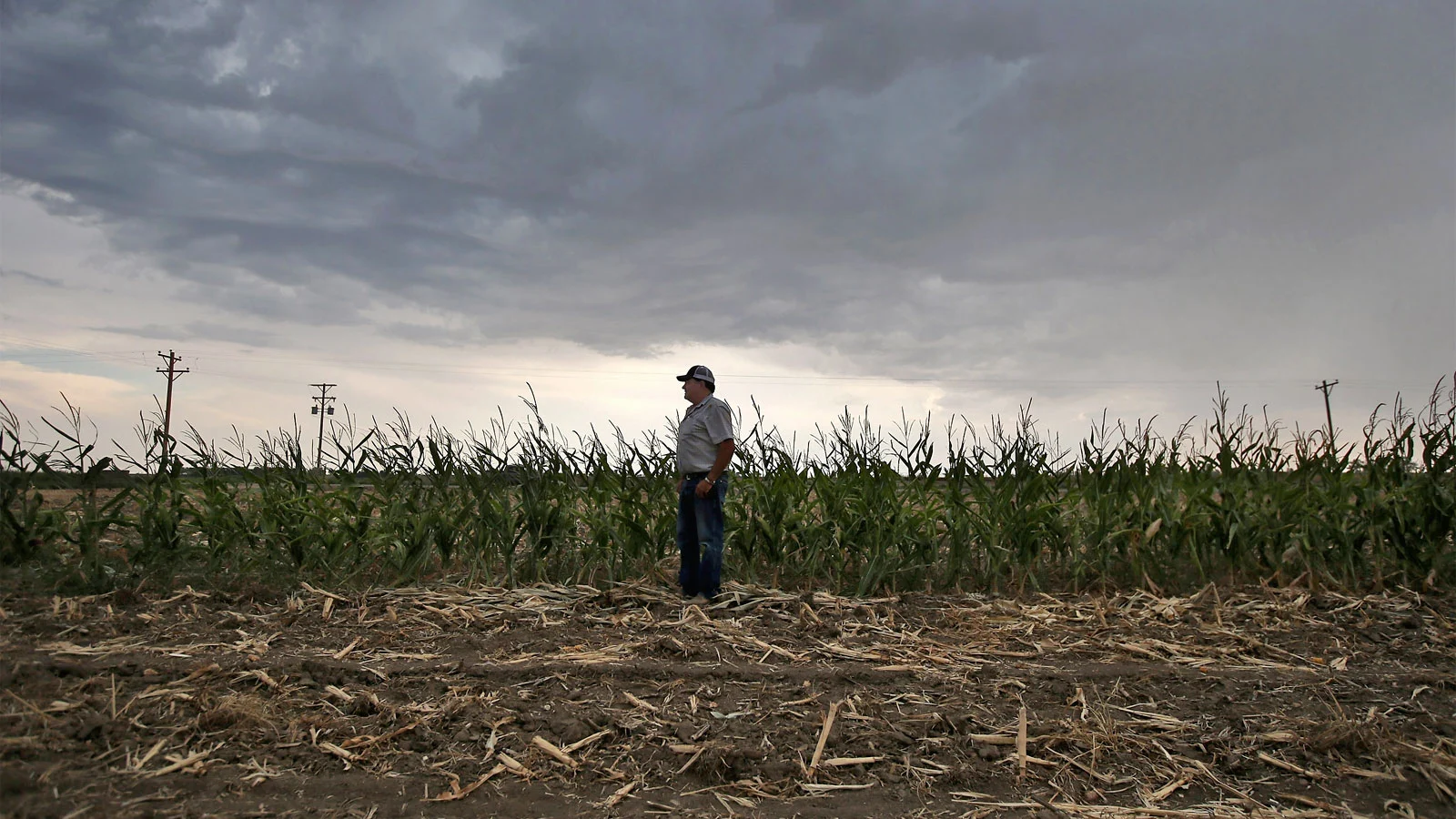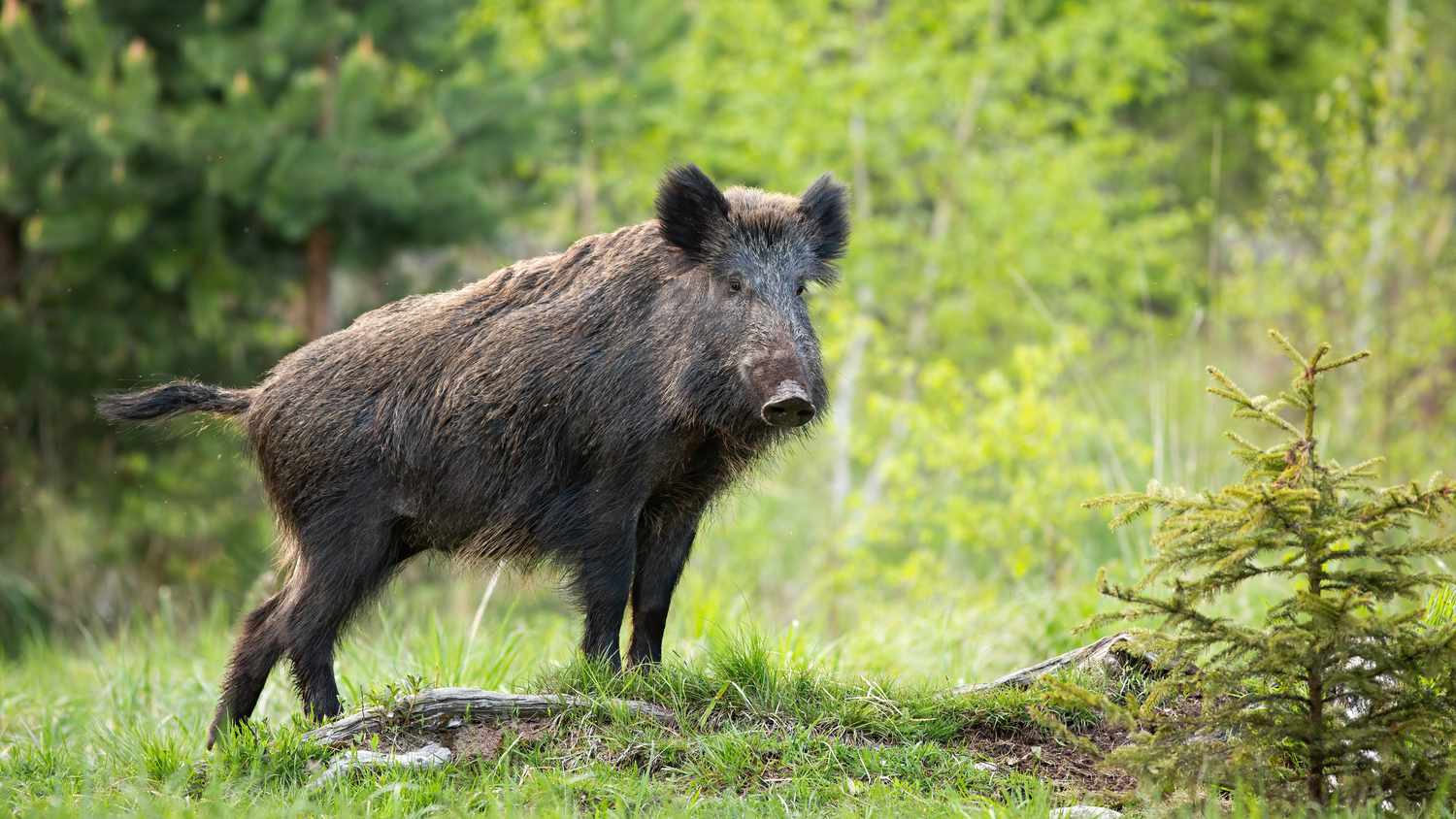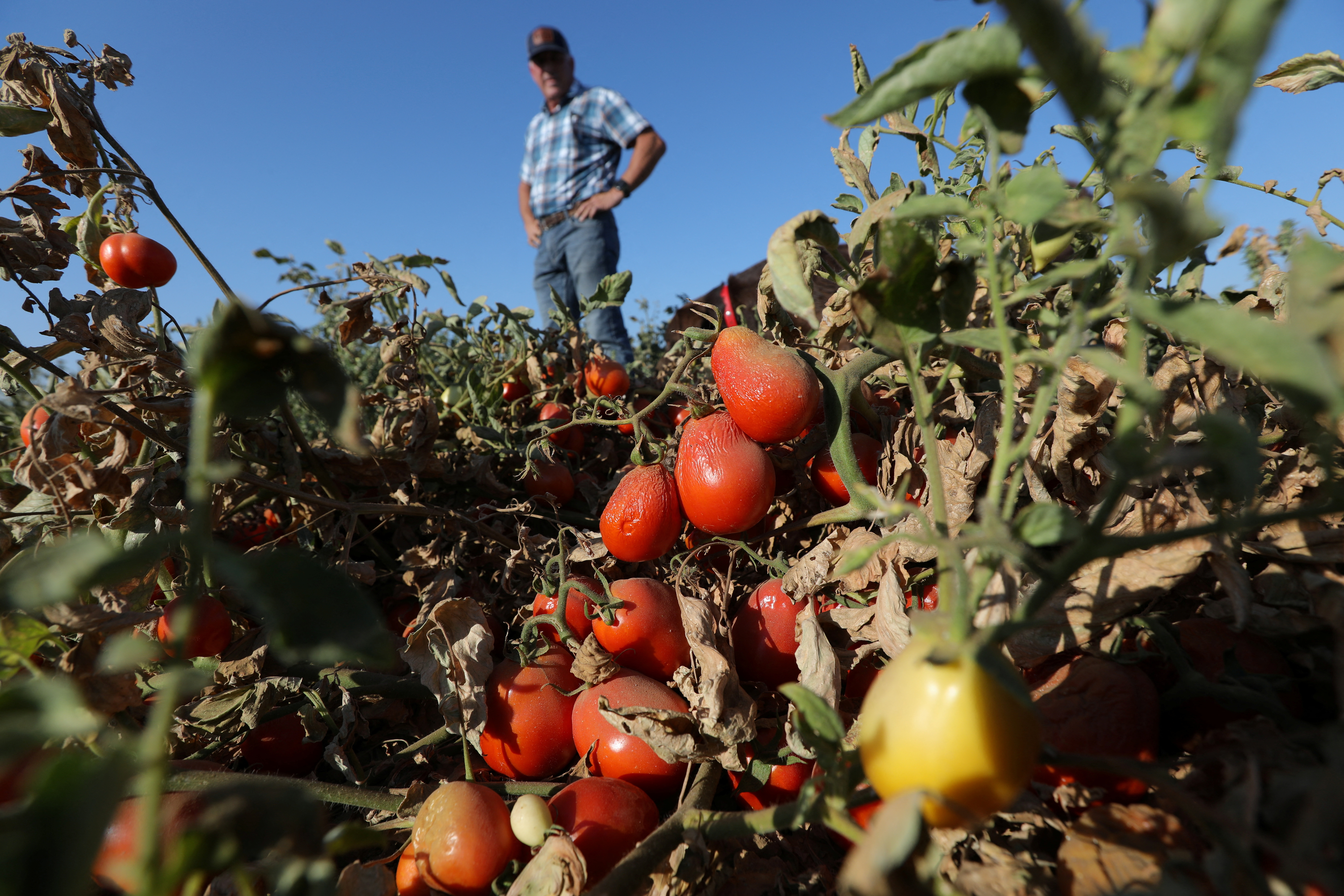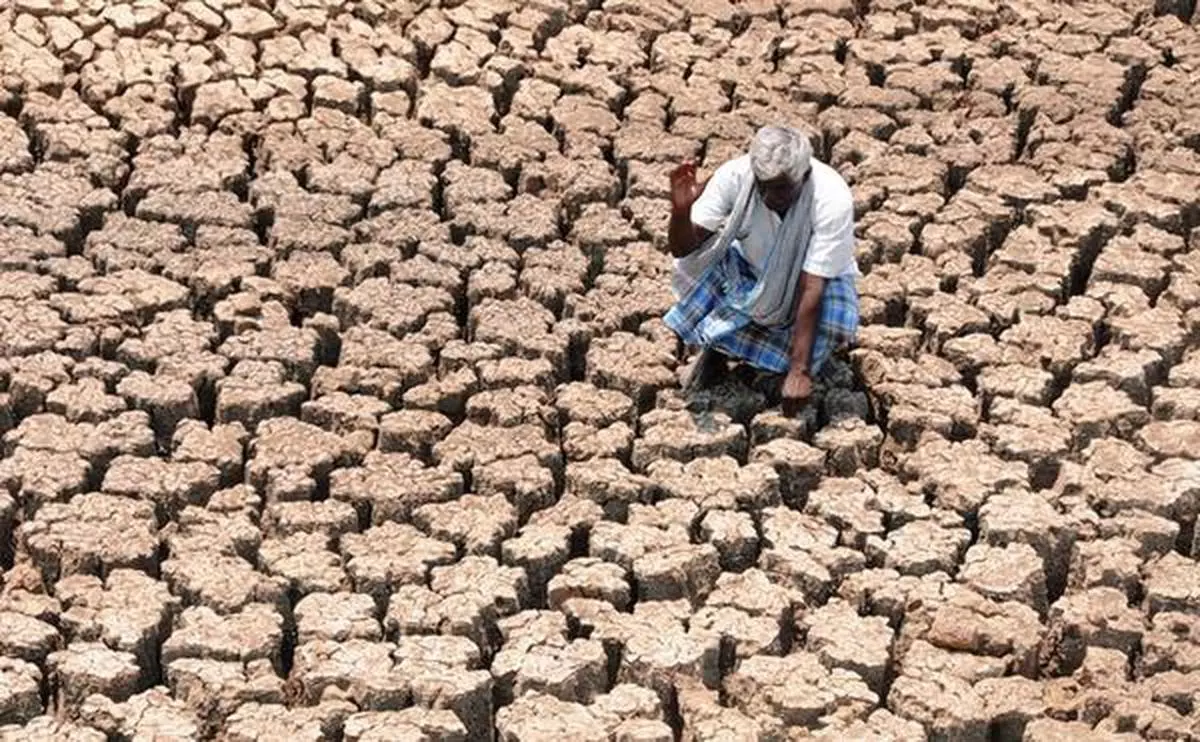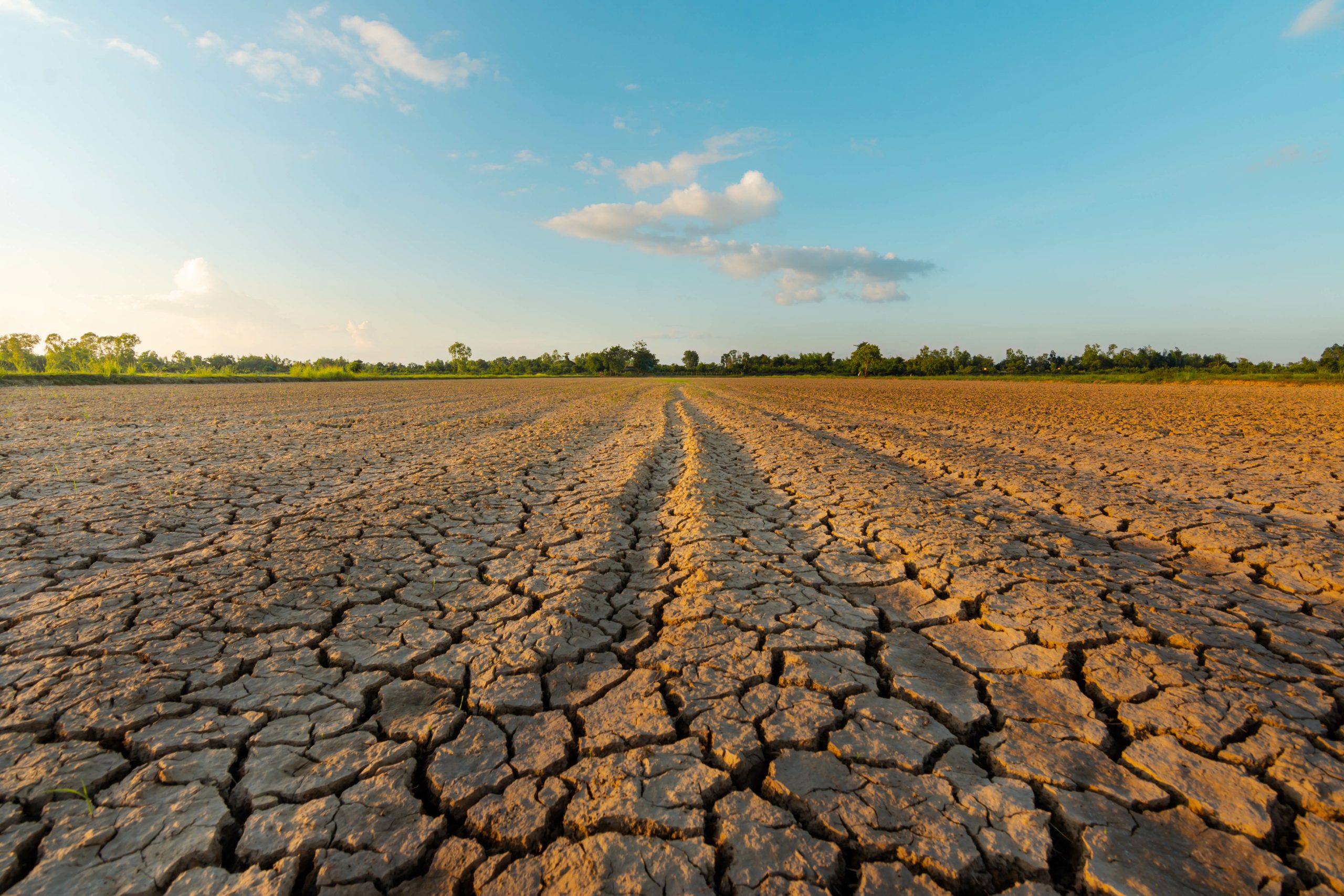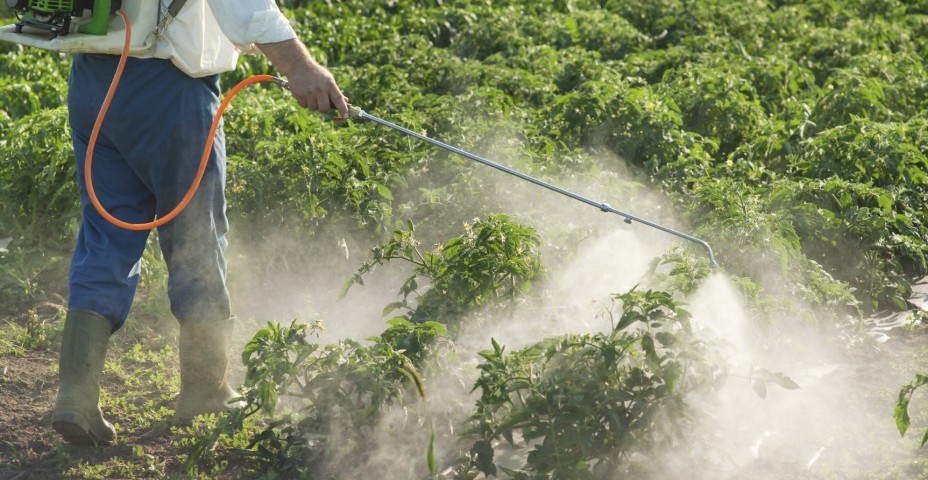Some of Australia's biggest vegetable farmers are fighting for compensation, claiming their food crops were decimated by contaminated herbicides.
Multinational chemical companies Syngenta and Nufarm recalled tens of thousands of litres of tainted herbicide in late 2016 and early 2017.
The products are commonly used on a range of vegetable crops including spring onions, leeks, carrots, celery and corn to control weeds.
They contained impurities from different herbicides, which have been traced back to the manufacturer.
But not before many farmers unwittingly sprayed the polluted products on their farms.
The national agrochemical regulator says the contaminants don't pose a risk to human health, if used according to instructions.
But some growers claim the toxic mix-up wiped out many tonnes of valuable produce.
'Huge financial stress'
One farmer, who doesn't want to be named, says his business and his family have been devastated by the contamination.
"The crops just weren't performing, they weren't growing as they should, they were just slow or stunted, pale."
He says agricultural experts have ruled out other potential causes, and tests suggest chemicals are to blame.
"The herbicide is doing the damage. I'm very confident of that," the farmer said.
"We lost crops, we've lost income from that, we're under huge financial stress.
"It hurt our family and our partnerships and it's hurt relationships with other farmers and other people in the industry.
"It's something that I wish had never happened."
He is seeking compensation for the losses and says he is afraid to be identified for fear of a consumer backlash and punitive action by the chemical companies.
A family struggle
The Victorian Farmers Federation (VFF) is concerned for the farmer's welfare.
President of the VFF's horticulture group Emma Germano says it's taking a toll on his whole family.
"Farming businesses are generally family businesses, and to see an entire family struggle with this has been very difficult," she said.
"The amount of stress that he's under and his family is under, and his extended family is under, is incredible.
"Watching this farmer go through such an incredible amount of financial and psychological stress has been the thing that we've been most concerned about for him," she said.
He's not the only farmer in dispute with the chemical companies over the allegations of crop damage.
Contamination in court
A major Victorian vegetable grower has taken his claim that contaminated herbicides wiped out his crops to the Supreme Court of Victoria.
Court documents show Riviera Farms is claiming contaminated batches of Syngenta's Gesagard and Primextra Gold products spoiled carrot and corn crops.
The farm business is suing Syngenta and manufacturing company Accensi.
The contamination stemmed from a manufacturing fault at the Accensi factory where the herbicides were made and the company has been fined $100,000.
Defence documents show Syngenta and Accensi deny the allegations.
They're blaming the crop failures on improper herbicide application and other farm-management failures.
Recall process slammed
One of the allegations in Riviera Farms' statement of claim is that the farm was never notified of the herbicide recall.
A number of farmers and agricultural experts have criticised the recall process as inadequate and secretive.
The companies didn't advertise the withdrawal but instead asked their chemical retailers to contact growers
The VFF's Ms Germano says attempts to let farmers know did not go far enough.
"When this recall happened, it was a very piecemeal approach," she said.
"It wasn't reported widely enough. We're concerned about the fact that the recall just essentially didn't have farmers at its core.
"The Victorian Farmers Federation was not told about this recall."
Ms Germano says some producers may still be unaware of the recall.
"We think that there needs to be a very clear recall process. If you want everyone to know about something that's a problem, you make sure that everybody knows about it," she said.
'In severe distress'
US-based agricultural consultant and herbicide expert Chuck Kupatt says he's seen crop damage on one of the affected farms.
"I saw plants that were in severe distress, were not growing in many instances, that would never form a crop," he said.
Mr Kupatt says the testing suggests chemical contaminants are the cause.
"What I've seen would support that there's damaging levels of residual compounds in that soil," he said.
It's now almost two years since the recall and Mr Kupatt says the issue should have been resolved by now.
"Everything is done in good faith, both when the companies develop the products, and when the farmers purchase them and use them," he said.
"But if there's a mistake, we have to put our big-boy pants on and say, 'Yeah, OK, we had a problem and we'll take care of the situation'."
'Unpredictable brew'
Mr Kupatt says the contaminants are chemicals that can be found in other herbicides for different crops.
But he said most of them would not normally be applied to the vegetable crops they were used on.
"Some of the contaminants that are on that list would generally not be used in vegetable culture because there is no tolerance to the crop," he said.
"Which means if you spray them on the crop, you can get damage."
Mr Kupatt says there is little or no independent science on how the contaminants might act in combination with each other, or with the active ingredients in the herbicide.
"Now that's probably the biggest questions here … nobody would have ever thought to research those combinations," he said.
"There's several different types of chemistry here with many different modes of action.
"If you had any combination of these, you're probably going to have a pretty unpredictable brew when you have them all put together into a product. So putting five or six of them together is a really, really difficult situation."
'Cocktail of herbicides'
Agricultural consultant David Bell has been employed by a number of farmers concerned about chemical contamination to provide expert advice.
He says farmers are afraid to speak out about the problem.
"These are very, very large multinational chemical companies, who wield big sticks in the industry," he said.
He says the mix of chemicals means there could be a multiplication effect going on.
"What we've got is a cocktail of herbicides in the drums," he said.
"We've got a poor plant trying to outgrow one herbicide, then being whacked by a second or third or even fourth or fifth herbicide."
He too says he's seen the personal toll the dispute is taking.
"I see farmers stand in paddocks with tears running down their face, looking at crops that these farmers take pride in growing," he said.
"Their crops are literally dying before their eyes … These are very, very good vegetable farmers that are struggling to have people understand that it's the herbicides that have caused the damage to their farms."
Call for inquiry
Independent agricultural and herbicide expert John Seidel said it would be very difficult to prove the combination of chemical contaminants was totally safe for crops.
"When you put it in different soil types … the amount of breakdown depends on microbial action, on amount of rainfall, and a lot of factors come into play," he said.
"I think it needs a bit more due diligence, a bit more stewardship from the companies to find out exactly what is going on here."
John Seidel says an independent inquiry is needed.
"They could get an independent umpire to look into it, and that would satisfy both parties," he said.
"If you had someone independent gathering the information, and the company has got nothing to hide, that would be wonderful for them as well."
Companies say they acted swiftly
In a statement Syngenta defended the way it carried out the recall.
It said the company, "does not have access to the contact details of every farmer" in Australia and that it went through herbicide retailers because of their direct access to farmers.
Syngenta said this course of action was in accordance with the voluntary recall guidelines of the national agrochemical regulator, the APVMA.
The company also said it carried out its own scientific risk assessments, which confirmed the contamination posed an extremely low risk to the environment, crops or animals.
And that this information was provided to the APVMA as part of the voluntary recall process.
Syngenta said it was dealing with two claims from vegetable growers.
The company also said it had appointed an independent research agronomist to help address potential concerns from growers about the withdrawn batches of contaminated herbicide, and that those discussions would be confidential.
Nufarm said it was alerted to the problem by a grower's report of crop damage and that it swiftly notified the APVMA and conducted a thorough voluntary recall.
Nufarm said in its recall notice that use of the affected herbicides might result in crop damage, and offered free testing of produce and soil.
The company said it used a range of methods to reach growers who might have used the contaminated product, including contacting chemical retailers, peak horticultural bodies and, in some cases, farmers directly.
Nufarm said it had worked with growers who made claims on a case-by-case basis, and that only one claim remained outstanding.
Accensi declined to comment, as did the Federal Agriculture Minister, David Littleproud.
Process needs to be 'robust'
Since the recall, the APVMA has made changes to recall processes and now publishes voluntary recalls on its website.
But critics say it's not enough, and that advertising of all recalls should be compulsory.
While this contamination didn't spark human health concerns from authorities, affected farmers say it has raised questions about the adequacy of agrochemical regulation in Australia.
Ms Germano says there are rules in place to protect farmers and food safety, but its important to make sure those rules are working.
"We saw that there was an improvement in the process, through the APVMA when this incident occurred," she said.
"But we just want to make sure that this process is really robust.
"Mistakes happen, but we need to be able to deal with that when it happens."
It's too late for farmers who say they've suffered as a result of this contamination.
One farmer, who wanted to remain anonymous, told the it was not up to growers to take on the chemical giants when things like this go wrong.
He said the APVMA should be protecting farmers from damaging incidents like this and the companies involved should be more helpful.
"I speak to a number of growers around Victoria and Australia," he said.
"It certainly hurt a lot of businesses, and some can't afford to fight it, and some just can't win the battle … They knew there was damage, they should've helped growers a lot more.
"It was handled badly and we've got to learn from this … The next time it happens, and it will happen again, it's got to be handled better."
Source - https://www.abc.net.au



